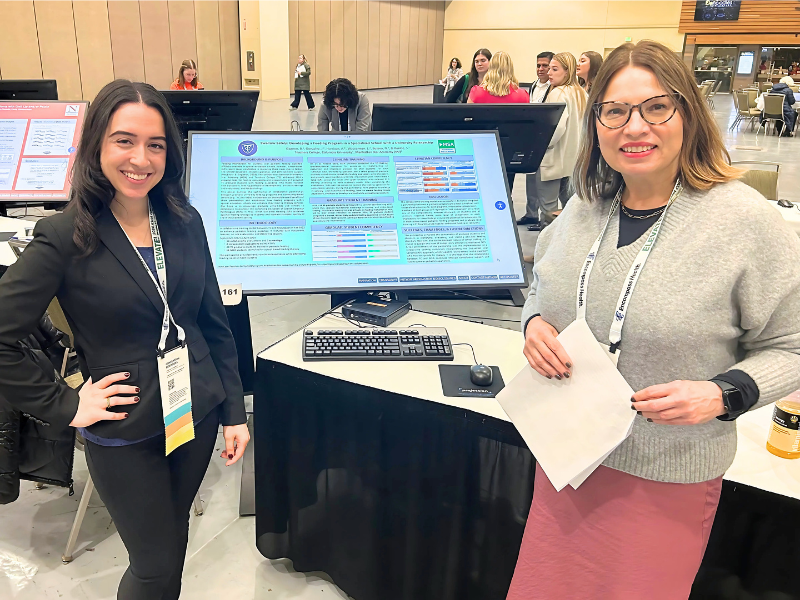Share

Manhattan Star Academy (MSA) participated in the American Speech-Language-Hearing Association (ASHA) convention on December 6, highlighting a significant two-year collaboration with Teachers College at Columbia University. The partnership, aimed at improving school-based feeding services and assessments, was featured in a poster presentation by Julia Gonzalez, a speech-language pathologist at MSA.
Roughly 25% of children experience some form of feeding disorder, with the rate rising to 80% among children with developmental delays. The consequences of feeding disorders can be serious, leading to growth failure and increased vulnerability to chronic illnesses.
The poster, developed by MSA’s feeding team, outlined the benefits of collaborative efforts between graduate feeding programs and community-based schools. Gonzalez, alongside her colleague Bernadine Gagnon from Teachers College, represented MSA at the conference, where they showcased the positive impact these partnerships have on enhancing feeding therapy services in special education schools.
"Across both public and private sectors, the vast majority of speech pathologists are expressing low confidence in diagnosing and treating feeding disorders," said Gonzalez. "Early intervention is crucial for enhancing students' quality of life, and this is an issue that we feel should be addressed on a national scale, as it is affecting the field as a whole."
The presentation emphasized how graduate feeding programs and schools like Teachers College and MSA can work together to improve the quality of feeding therapy for students. By promoting the continued education of Speech-Language Pathologists (SLPs) in Pediatric Feeding Disorders (PFDs), the collaboration aims to help SLPs provide optimal therapy and, in turn, improve students’ quality of life in the academic setting.
MSA hopes the presentation will inspire other universities and schools to foster similar partnerships, ensuring that SLPs have the necessary knowledge and resources to address feeding challenges and support students' overall well-being.
